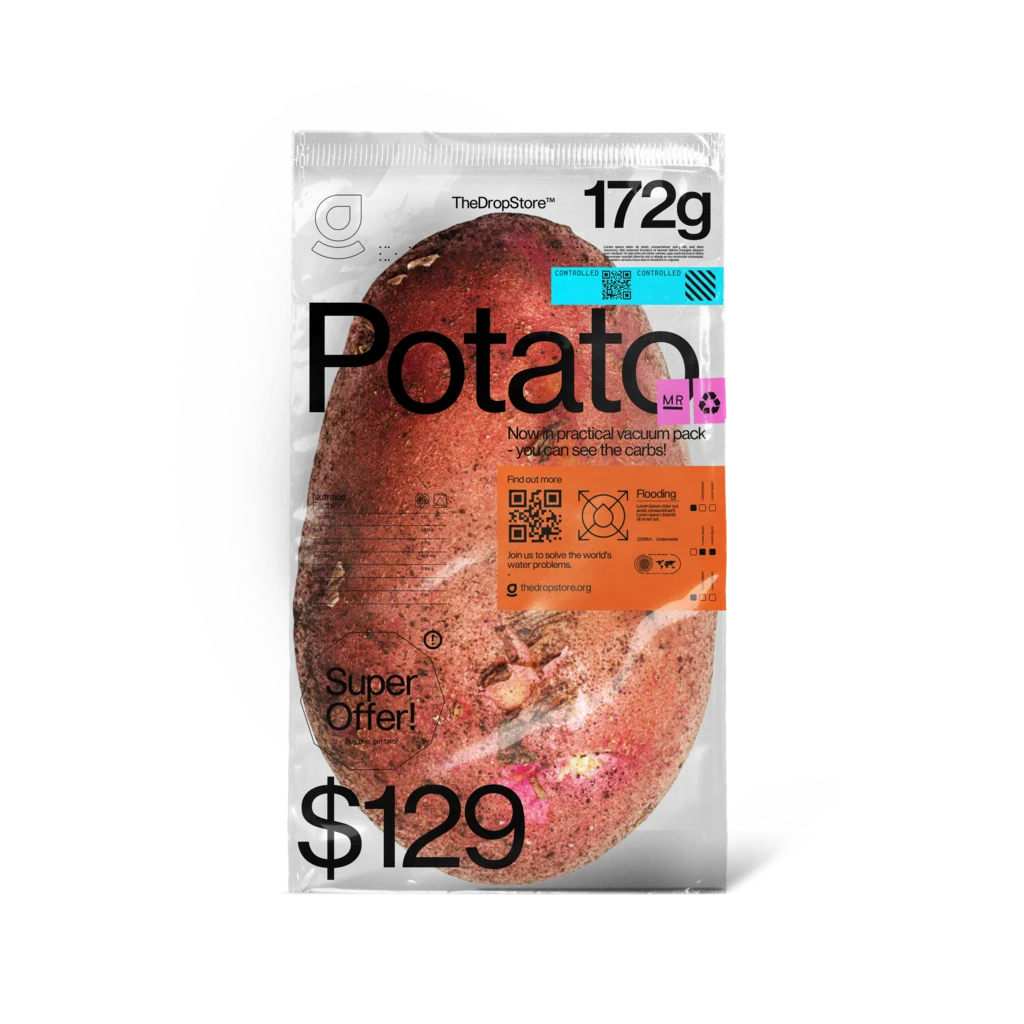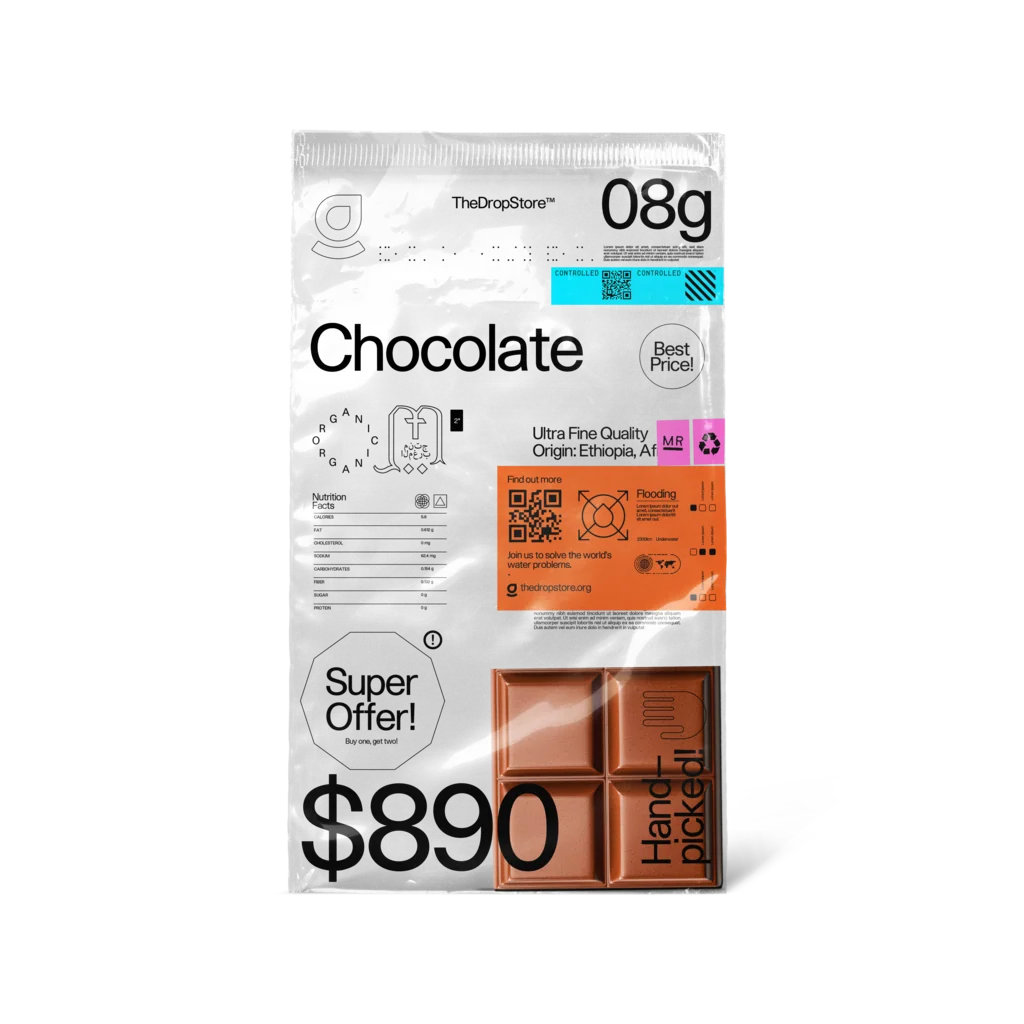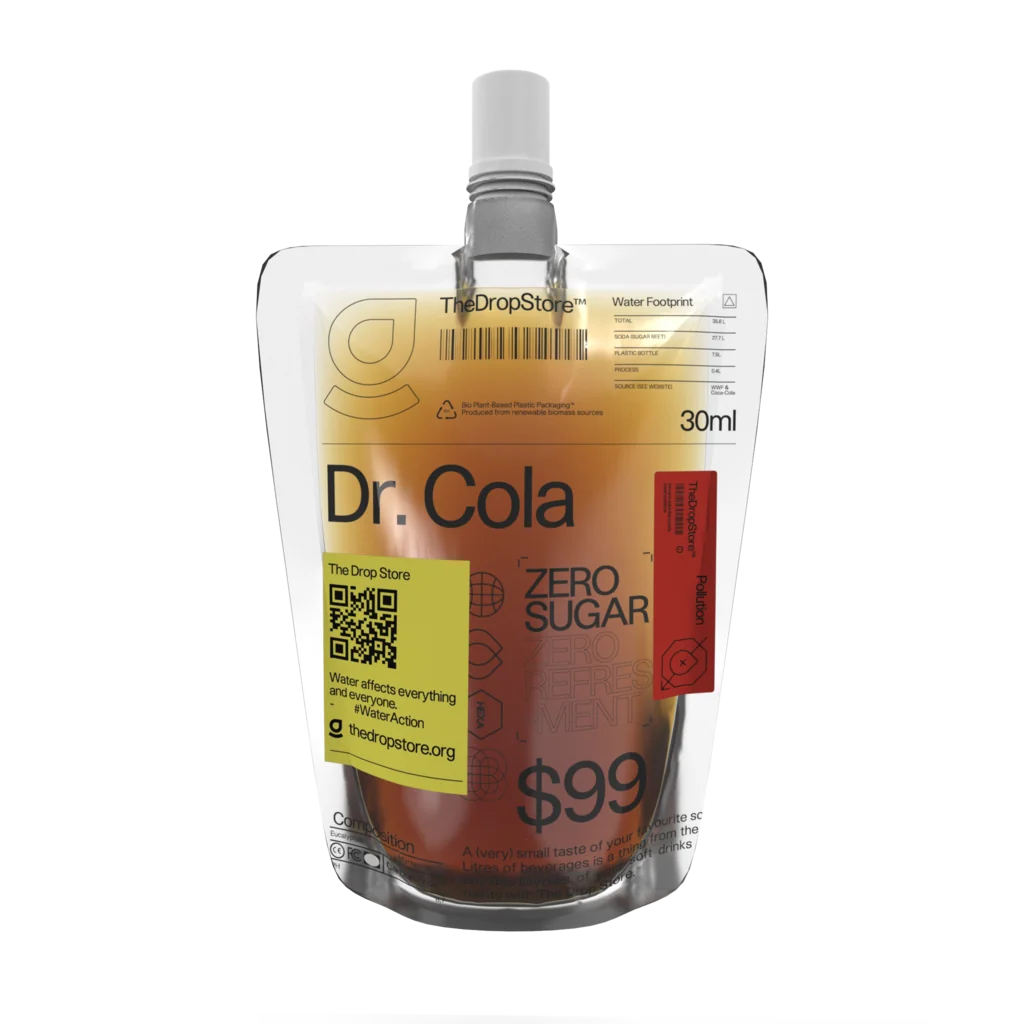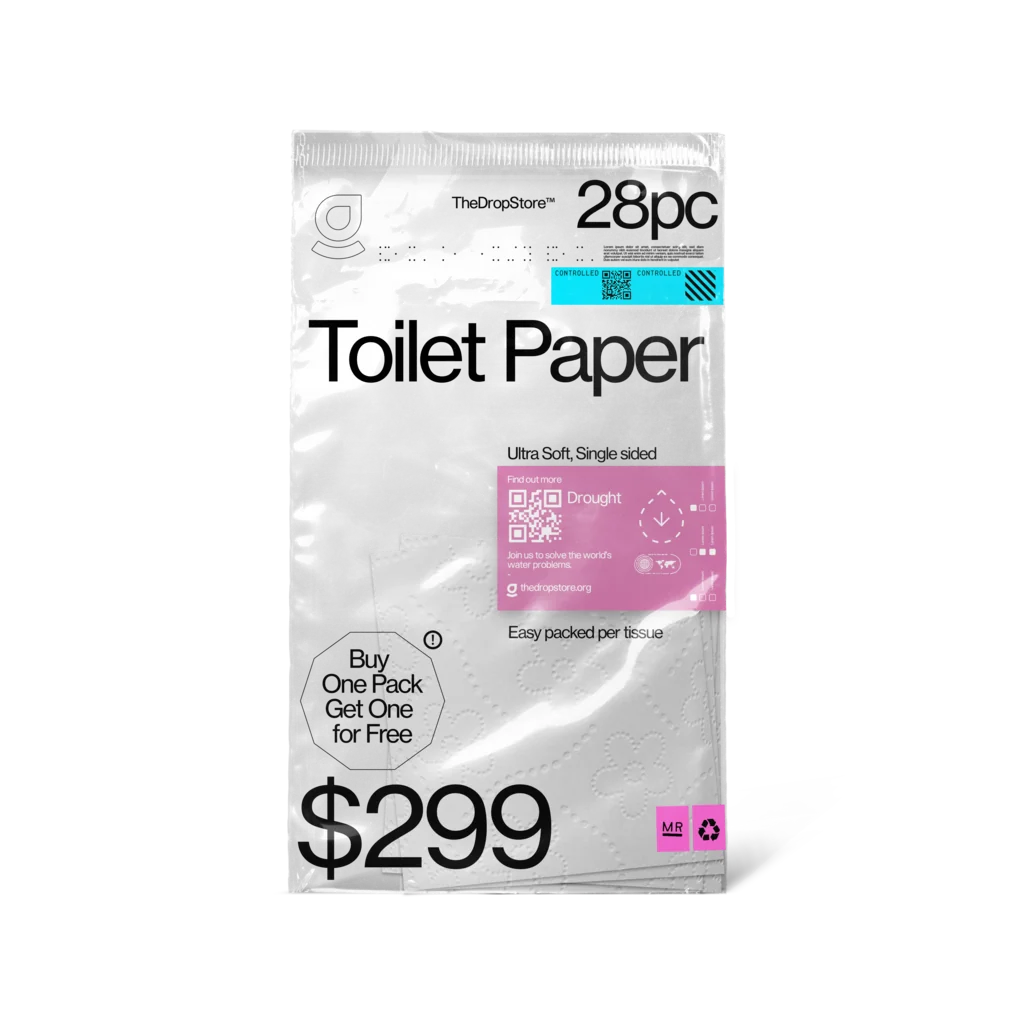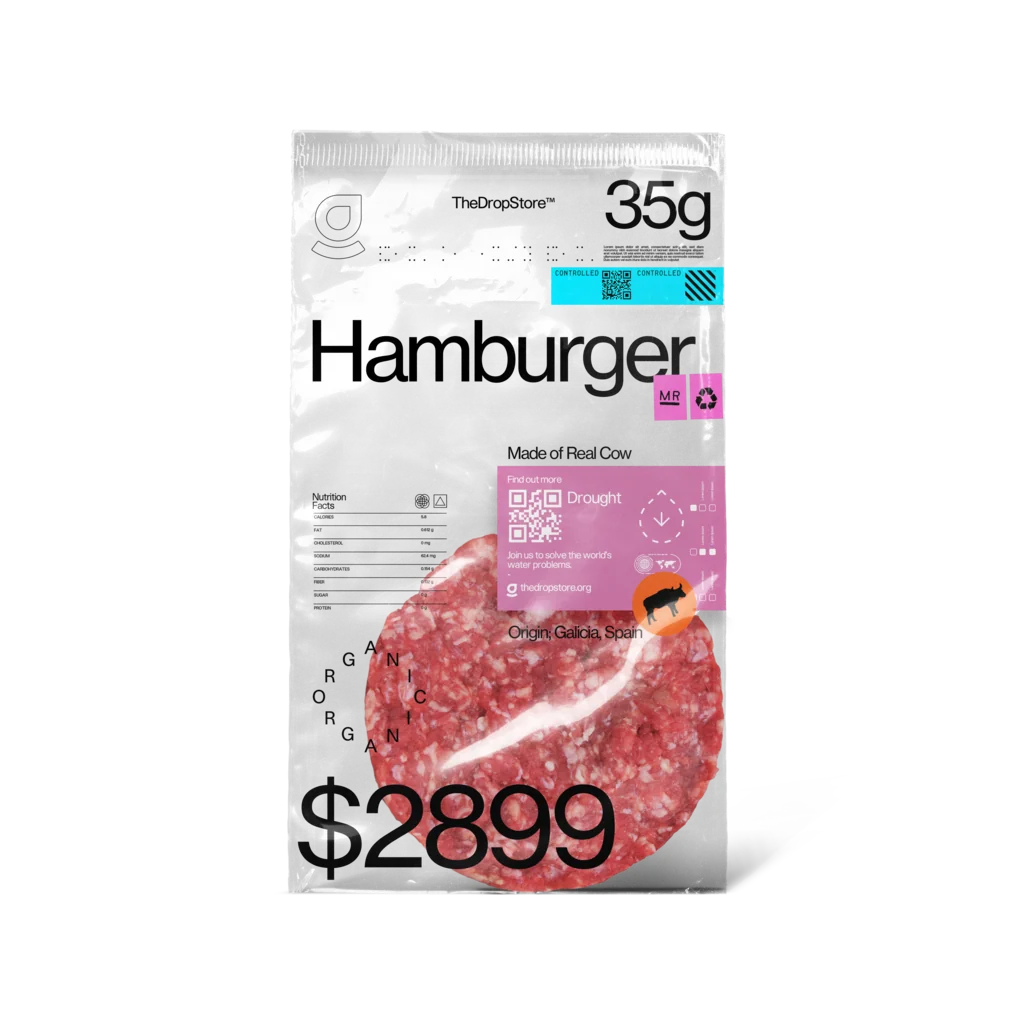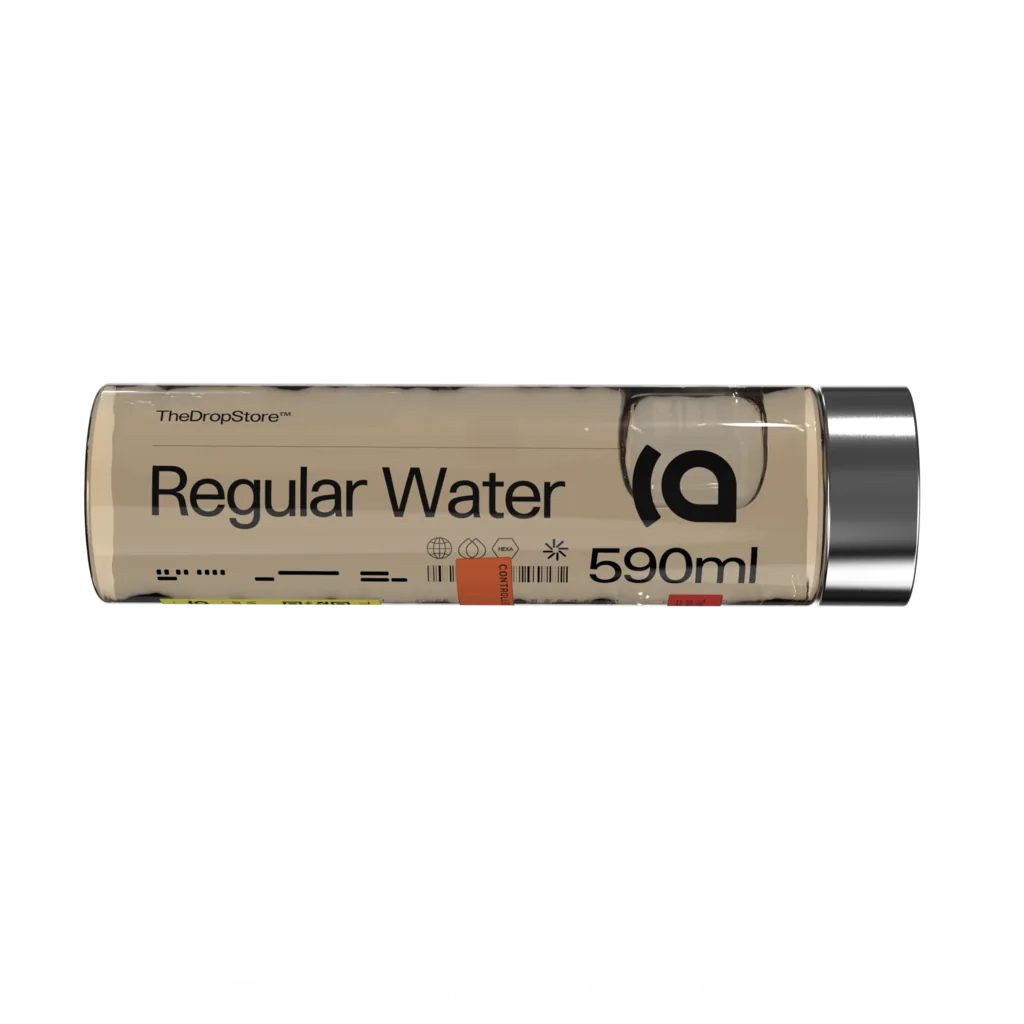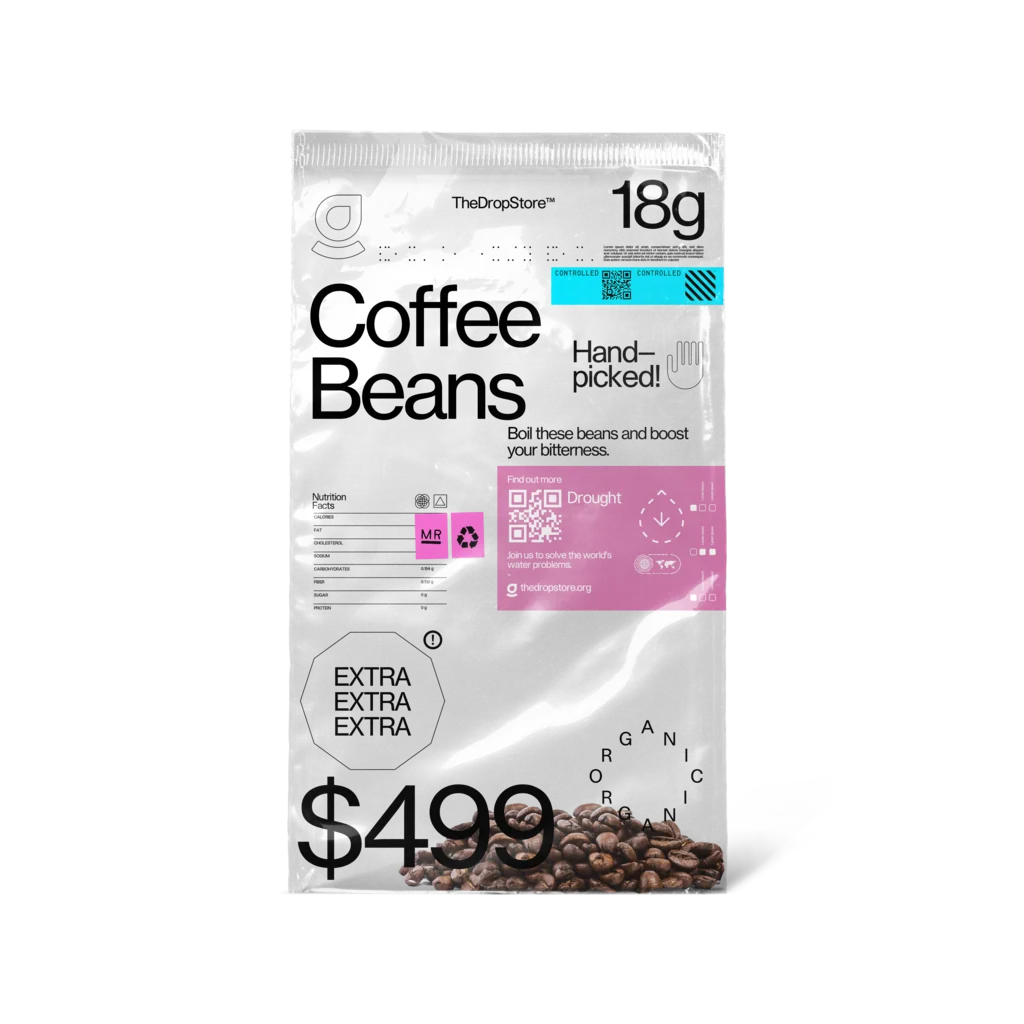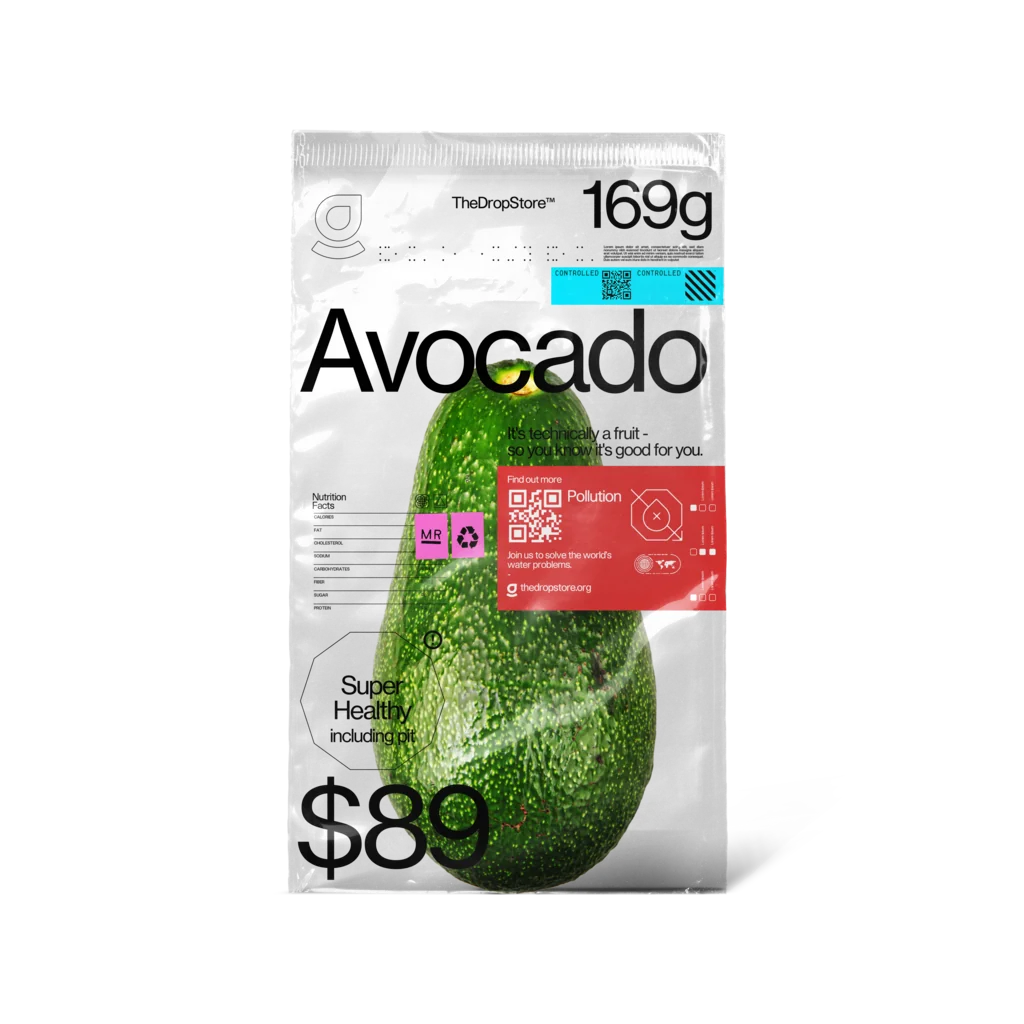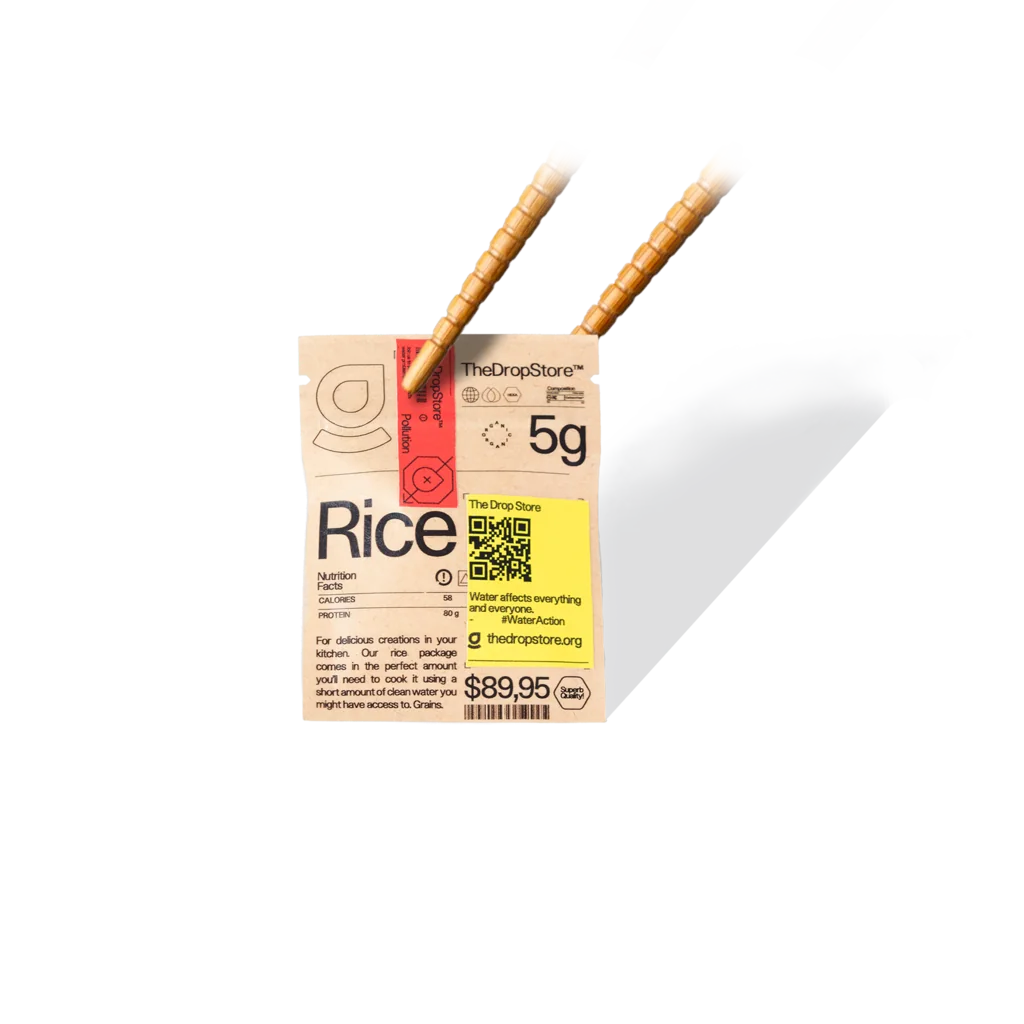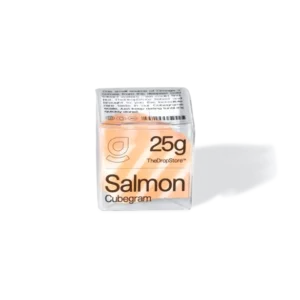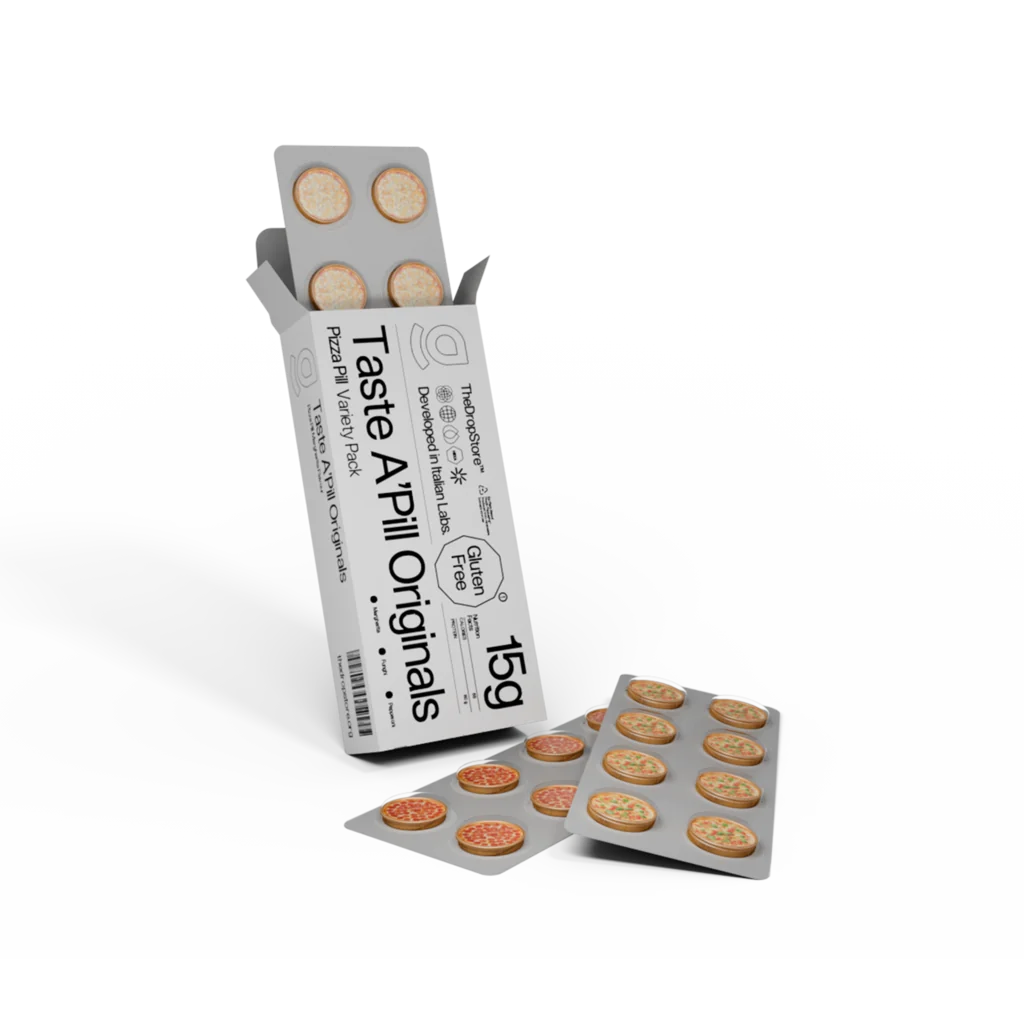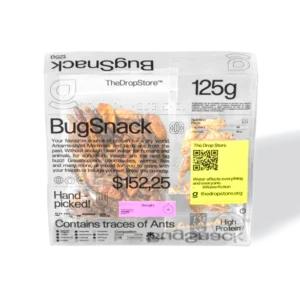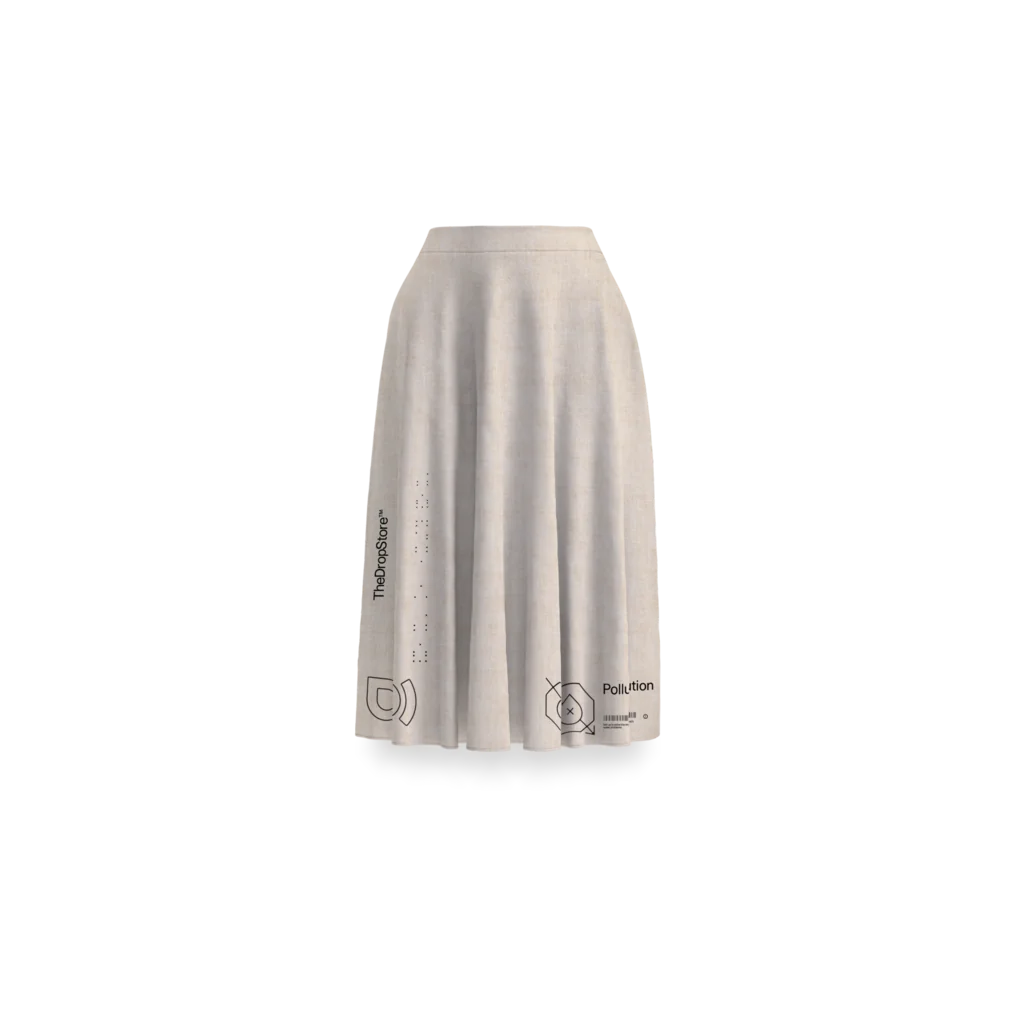ESSENTIALS
Go-tato - 172gr
Go-tato - 172gr
Go-tato - 172gr
Go-tato - 172gr
Go-tato - 172gr
Go-tato - 172gr
Go-tato - 172gr
Go-tato - 172gr
RM129
Est. Delivery: 3 Weeks
Go-tato - 172gr
RM129
On the go!
This single-serving potato is a carb-a-licious staple sure to enhance any meal. Boil it mash it, stick it in a stew. Just choose carefully, since you only get one.
*This product packaging is made from bio-based materials.
PLASTIC BOTTLE
CONTEXT
TOTAL WATER USED
1275L
RAIN WATER
1224L
SURFACE AND GROUNDWATER
51L
WATER POLLUTION
LOAF OF BREAD (750GR)
SODA
PROCESS
TREES
Majority of water footprint
CHEMICAL PROCESSING
Second largest of water footprint
FEED CROPS
DRINKING WATER
SERVICE WATER
FEED MIXIGN WATER
CUP OF COFFEE
WHEAT FLOUR
TOMATO PUREE
MOZZARELLA
FEED PRODUCTION
T-SHIRT
RAW MATERIAL (MINING & PACKAGING)
JEANS
MANUFACTURING
OTHERS
SOURCE
Joep F. Schyns, Martijn J. Booij, Arjen Y. Hoekstra (2017)
*NOTE
Now in practical
vacuum pack - you can see the carbs!
@somebody
This made an amazing birthday meal. I made a spoon of mash, and three fries!
Word on the street
@somebody
How do I pronounce this product? I've never heard of it before.
@somebody
I didn't eat it, I just carry it around everywhere to show off. It's so rare!
Why is this potato so expensive?
287L Water
was used to produce 1kg of potatoes
Love your French fries with a little salt? Potatoes are quite sustainable for the environment, people, and the communities around them. Potatoes have a low carbon footprint and require less land and water than many other fruits, vegetables, and cereals. Potatoes are affordable and prevalent in many diets around the world. However, potatoes are highly susceptible to salt! Rising sea levels and poor irrigation can lead to excessive salinity and loss of crops. So let's keep on adding salt after they've been fried, instead of while they're growing. Okay?
Let's get real
Thanks for checking out The Drop Store. As you might know by now, this product at this price doesn’t exist. Yet. Water challenges concern everybody. Some of us already deal with these challenges every day, while others don't see them yet. If we don't act now, they’ll get worse for everyone. Find out more about what’s happening below, and see how you can get involved in building a better future.
Too much water
Since 2000, flood-related disasters have surged by 134%, inflicting severe social and economic consequences. Floods result in immediate loss of life, property, crops, and livestock. They also lead to health problems like waterborne diseases and malnutrition. Recovery from floods takes months or even years. Additionally, floods harm food production by reducing crop yield, causing soil erosion, and damaging farming infrastructure. They spread pollutants and pose risks to affected communities. Explore our partner organizations for ways to take action.

What can we do about it?
While it's impossible to completely prevent floods, there are several things we can do to mitigate their impact. Our partners strengthen the networks of people, institutions, hardware, investment, and resources that deliver clean water to our taps. They also try to educate as many people on this issue as they can. By sharing this story, you can help tremendously.
You may also like
Web Development
Lorem ipsum dolor sit amet, consectetur adipisicing elit, sed do eiusmod tempor incididunt ut labore et dolore magna aliqua. Ut enim ad minim veniam, quis nostrud exercitation ullamco laboris nisi ut aliquip ex ea commodo consequat.
